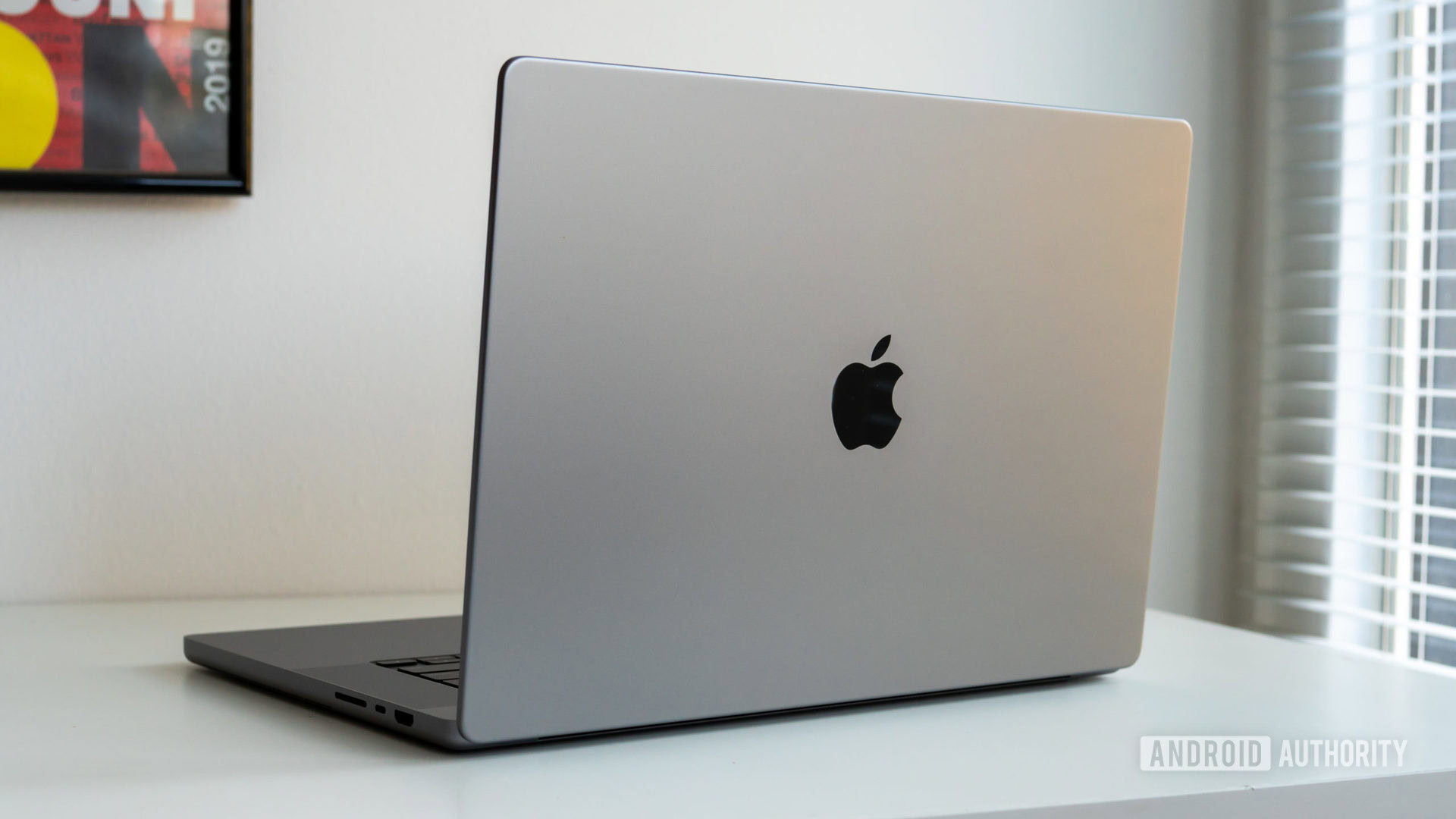Affiliate links on Android Authority may earn us a commission. Learn more.
Want to run Windows on your Apple Silicon Mac? Microsoft says OK

- Microsoft has thrown its weight behind running Windows 11 Arm on Macs.
- The company says Parallels 18 for Desktop is an “authorized solution.”
- This doesn’t change much, as this solution has been around for a while.
It’s possible to run Arm versions of Windows on your Apple Silicon-equipped Mac computer via the Parallels virtualization software, but it’s not exactly a simple process. Fortunately, Microsoft has quietly thrown its weight behind this method for Windows 11 Arm.
Microsoft published a support document on its website, calling the Parallels 18 for Desktop software an “authorized solution” for running Windows 11 Arm flavors on M1 and M2 series Macs. So what does that mean, then? Well, it seems to be business as usual here, as this version of the software has been around since last year.
Parallels maker Alludo says you can indeed use this version to download, install, and configure Windows 11 Arm in one click, complete with a virtual TPM chip for security compliance. This solution is a more streamlined process than the original approach on M1 Macs, which required you to source a preview version of the operating system.
Not a perfect way to run Windows 11 Arm
In saying so, there are still a few limitations associated with this virtualization-based solution. For one, Microsoft cautions that features requiring a further layer of virtualization won’t work (e.g. Android app support, Windows subsystem for Linux). Other limitations include no DirectX12 support and no 32-bit Arm app support.
It’s also worth noting that running Windows 11 Arm via virtualization carries a performance penalty compared to native support. But the Snapdragon Arm processors powering Windows Arm computers lag behind Apple’s in-house chips in a big way, so we wouldn’t be surprised if performance was actually better on Macs.